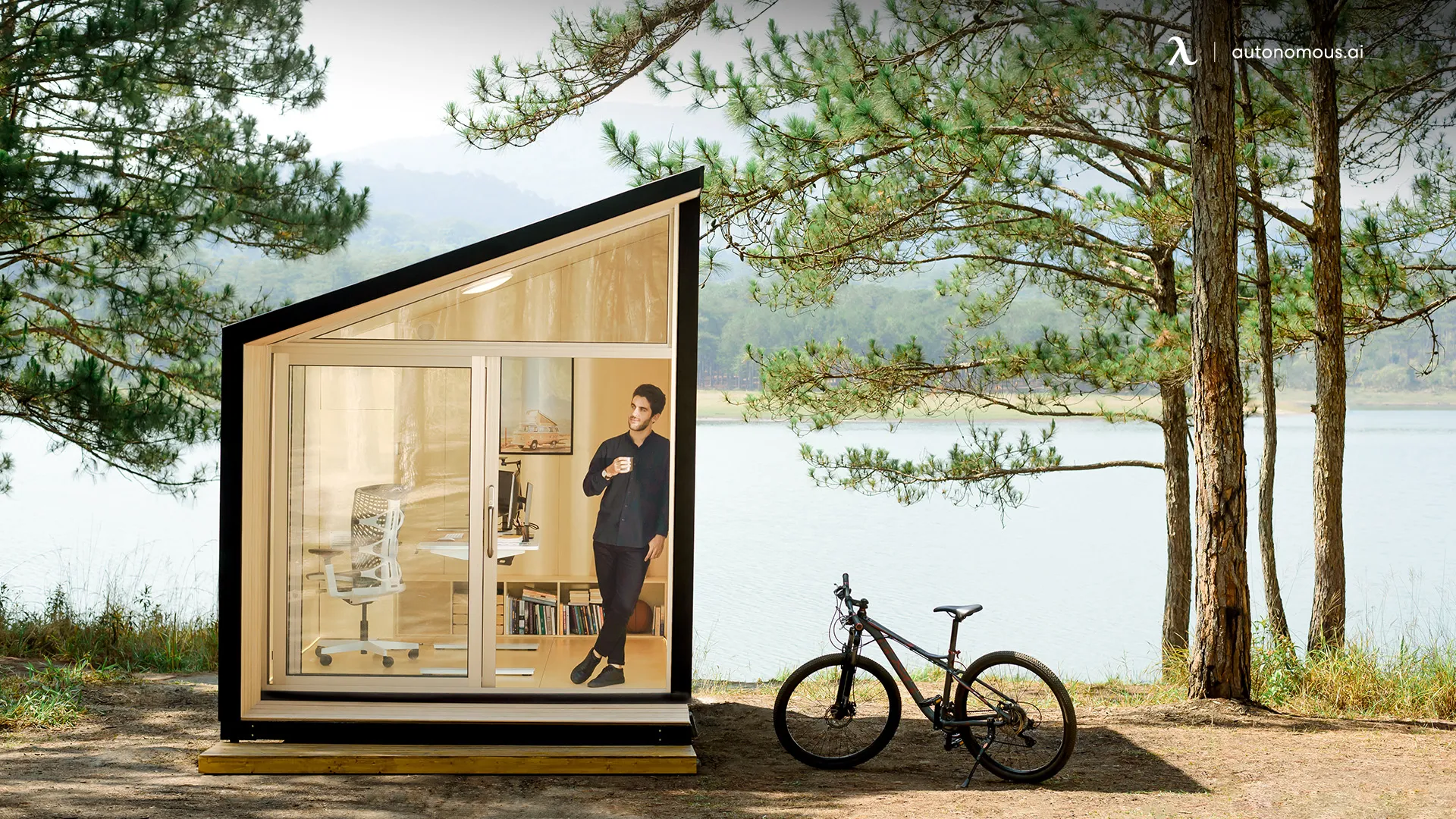
Is a Shed Considered a Permanent Structure or a Temporary Structure?
Table of Contents
According to experts, the shed industry has grown on a huge scale recently. People in the US are inclined towards building temporary outdoor structures in their homes with added space and activity.
However, with increased activity, there is also an increase in law that regulates building sheds and their classifications. There are separate laws for permanent structures and temporary building structures.
When it comes to choosing a shed like a modern garden shed for your outdoor space, you have two main options: a permanent structure or a temporary structure. Both types of sheds have their own set of pros and cons, and the best choice for you will depend on your specific needs and preferences.
Permanent sheds are sheds that the manufacturers have made from more durable materials like wood, metal, or concrete, so they are long-lasting and can withstand the elements. They are also often attached to the main structure of a house or other building, making them more secure and convenient to access.
On the other hand, you can easily assemble and disassemble temporary sheds, making them a more flexible option. A typical privacy pod or a backyard studio shed are good examples of temporary structure design. Typically, manufacturers make them from lightweight materials like plastic or canvas, which makes them easier to transport and store when not in use. Tthis article will discuss whether a shed is considered a permanent or temporary structure and what factors are in play to make this classification.
How to Decide Whether Temporary Structure or Permanent Structure?
You can compare permanent structures vs. temporary structures in the light of their pros and cons and then decide which one is better for you. We have discussed them in detail below to help you have a better understanding:
1. Pros of a Temporary Structure
Let's first discuss the pros of having a shed with a temporary structure:
Shorter Construction Time
If you are going for a shed with a temporary structure, the good news is that you can construct it in a matter of days. On average, a temporary shed takes 30-40 days to build. Additionally, temporary sheds are generally much easier to assemble and disassemble than permanent sheds, so you won't need to hire a contractor or spend a lot of time putting them together.
Flexible
Temporary structures are typically made of lighter materials, such as plastic or fabric, and are easy to set up, take down, and move as needed. This makes them a good option for those who don't have the space or resources to build a permanent structure or need a shed that can be easily set up and taken down as needed.
They are also a good choice for those who are unsure if they will need the shed long-term or who may need to move it in the future. Such people can easily carry these flexible units wherever they like and equip them with the best studio apartment furniture.
Cost Effective
Temporary sheds are generally less expensive to purchase and install. Because they are made from lighter materials and do not last as long as permanent sheds, temporary structures are typically much cheaper. This can be a major benefit if you are on a tight budget or only need a shed for a short period.
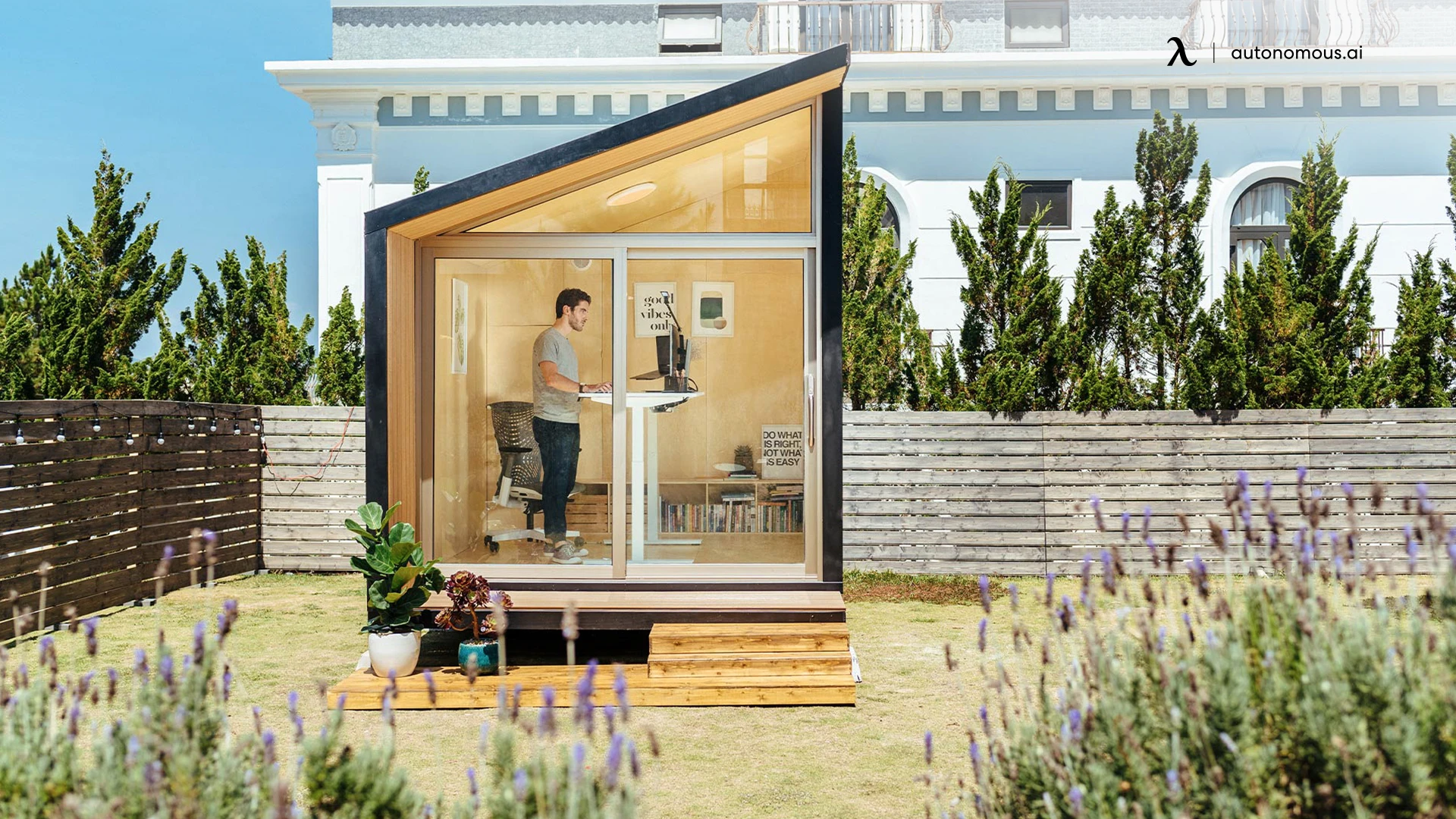
2. Pros of a Permanent Structure
Since you know the pros of a temporary structure, let’s now discuss the pros of a permanent structure.
Durable
Permanent structures are designed to be long-lasting and remain in place for an extended period. They are typically made of more durable materials, such as wood, metal, or concrete, and are often built on a foundation or concrete slab to provide added stability. So, you may expect such structures to last longer than a decade.
Adds Value To Your Property
Permanent structures are sheds that are built to last long and are a permanent addition to your property. One of the main advantages of a permanent shed is that it adds value to your property.
You may even benefit from modern backyard ideas to make them look more stylish. Because it is a permanent fixture, the permanent structure is considered a part of your home, which can increase your property’s value. This can be especially profitable if you have planned to sell your home in the future.
Made Using Strong Materials
If you compare permanent structure vs. temporary structure, the manufacturers make the permanent structure using stronger materials. This fact advocates the claim that permanent structures are long-lasting.
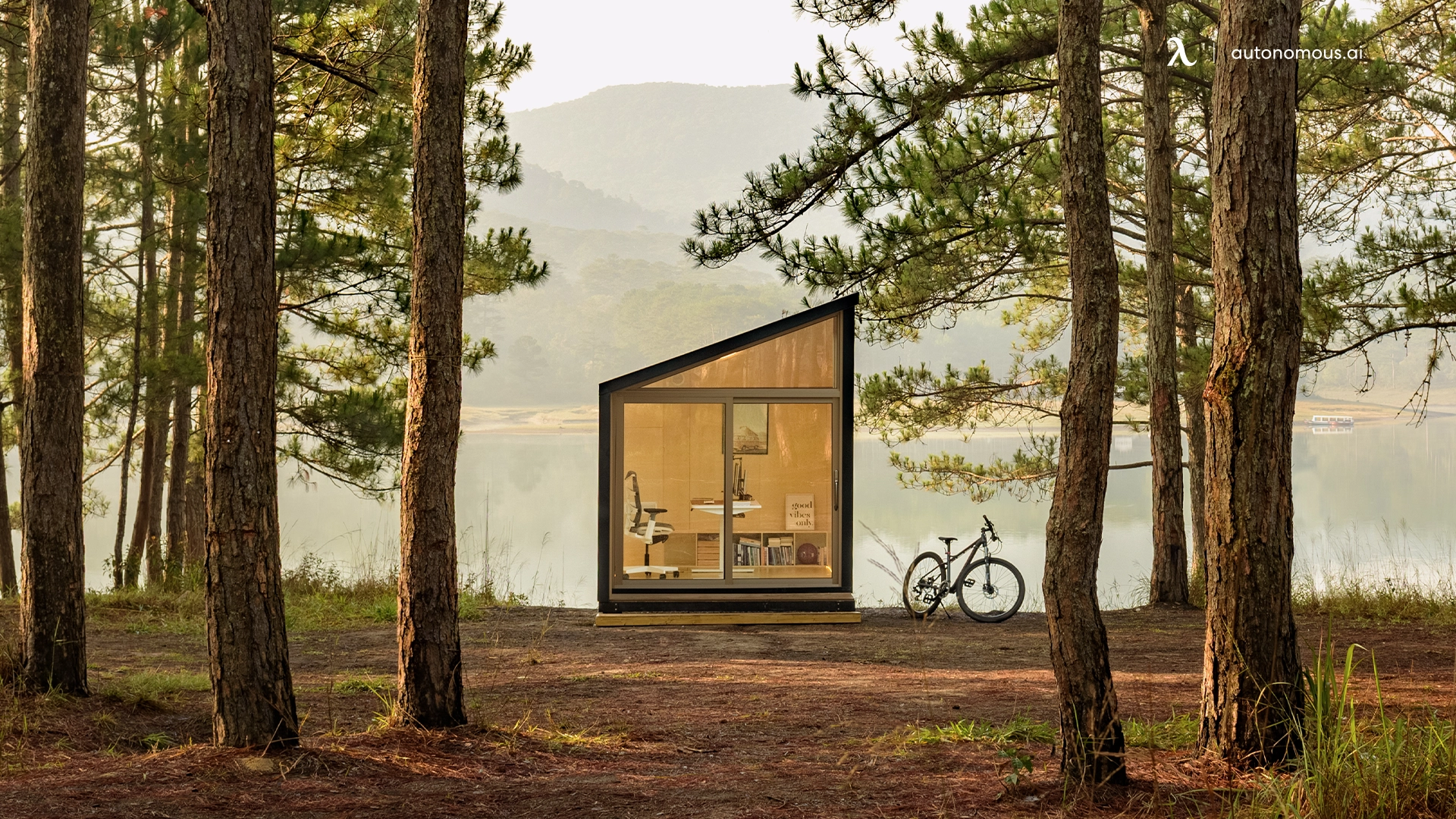
3. Cons of a Temporary Structure
Since we have discussed the pros of both types of structures, we must look at the cons. We will begin with the cons of a temporary structure.
Not Constructed Using Strong Materials Like Steel
The major con of having a shed with a temporary structure is that it does not comprise stronger materials like concrete and steel. The reason for that is the makers must make it lightweight and mobile. Thus, people who are looking for small apartment ideas for space saving may consider having temporary sheds as a solution.
Comparatively Less Durable
Since temporary structures comprise stronger materials, they are less durable. However, they do last for many years if you keep a check on their maintenance.
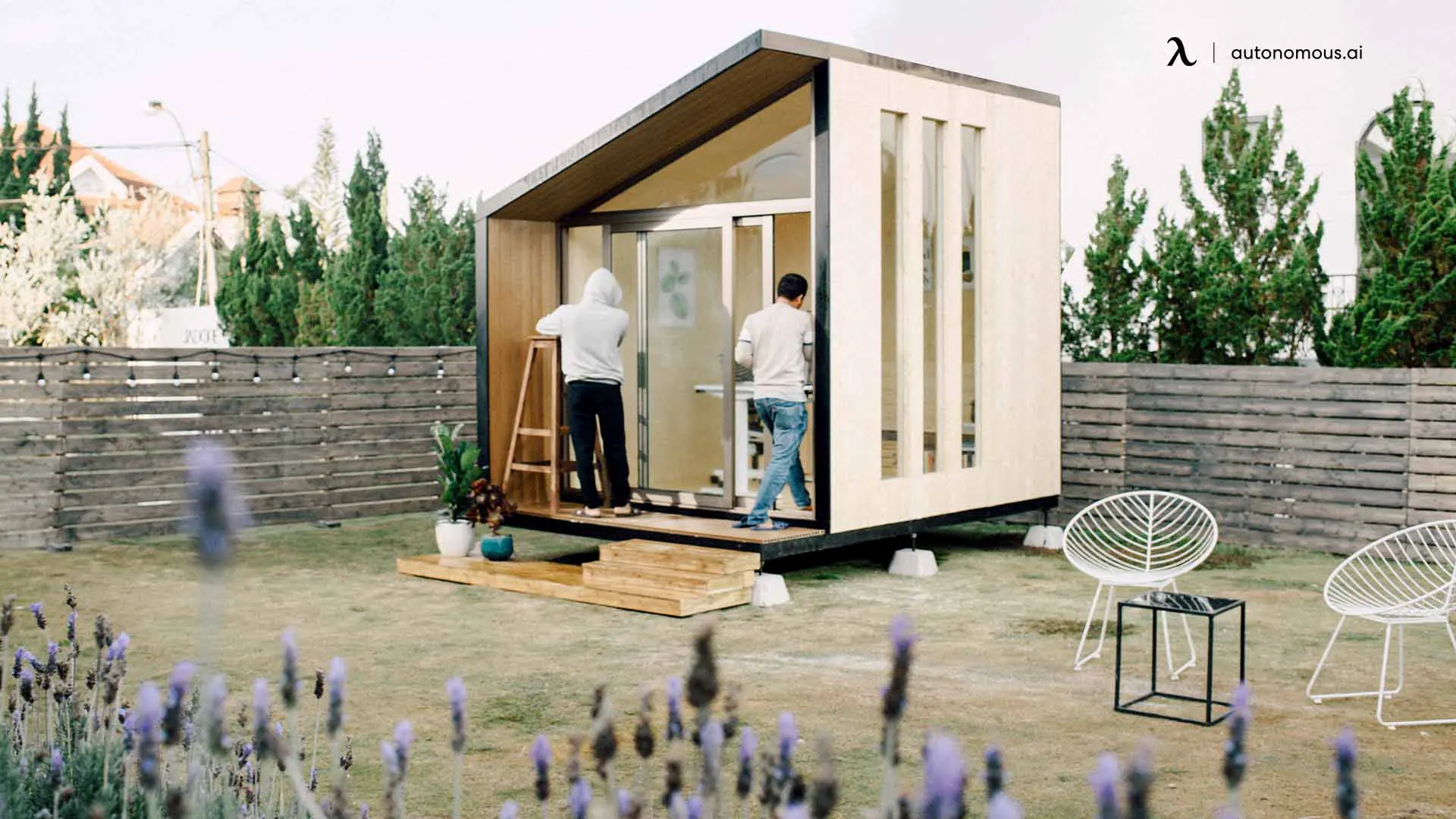
4. Cons of a Permanent Structure
After the cons of temporary structures, let’s talk about the cons of a permanent structure.
Expensive
A major problem in having a shed with a permanent structure is that it is expensive. Because the makers have used durable materials in their construction, they cost more. Thus, the price of such sheds is higher. Nevertheless, people with a big budget can afford them.
Takes Longer Construction Time
Typically, a permanent structure requires 2 to 3 months for construction. Such a duration is quite longer than that for temporary structures. However, the fact that they serve for a longer period, you may compromise on the construction time depending on your demand.
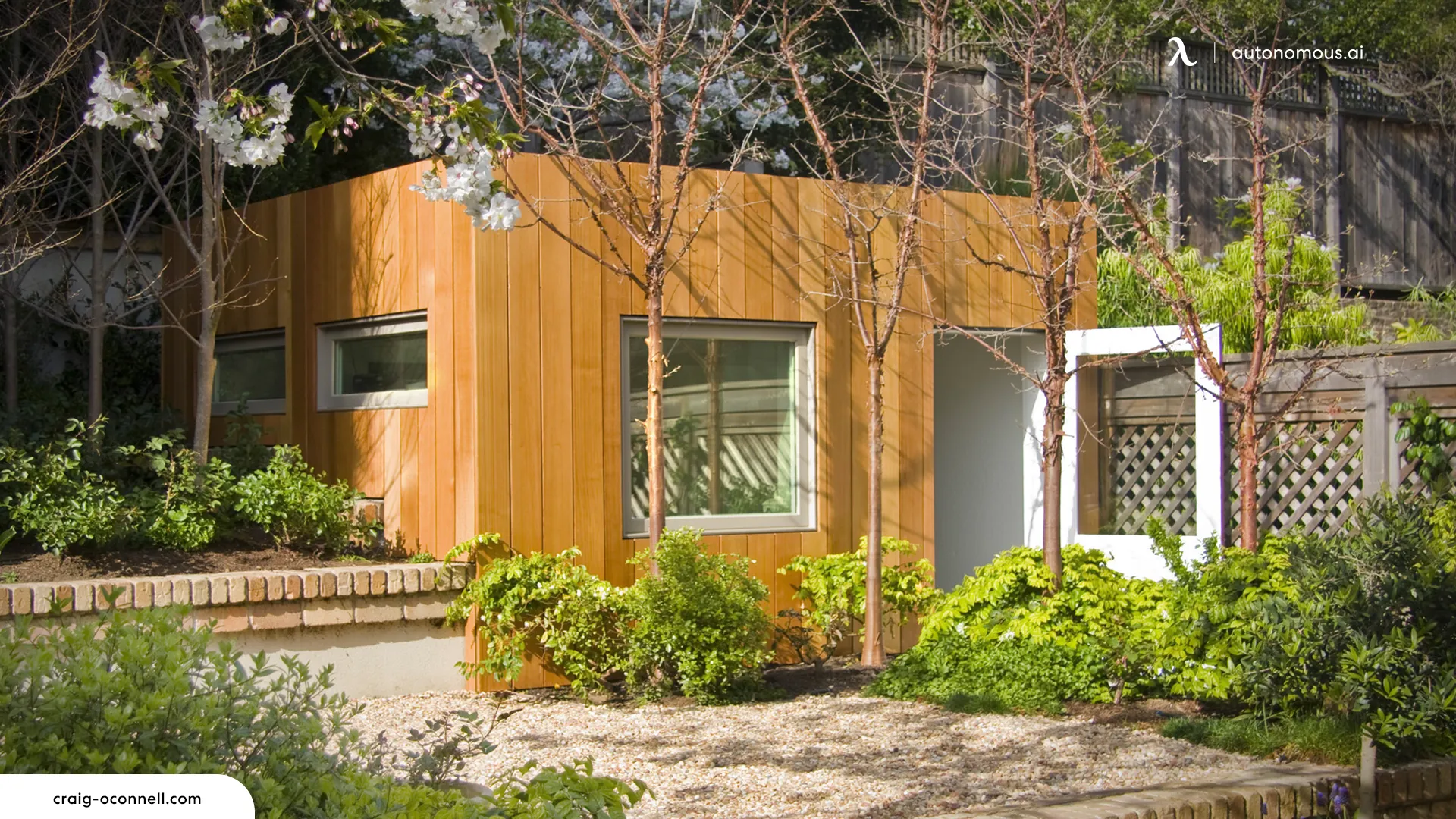
Is a Shed Considered a Permanent Structure?
Yes, it can be considered as a permanent structure. As the name suggests, a permanent structure is anything that will last forever or for a long time.
If a shed is built to last for a long time, along with its foundation fixed to the ground, it can be classified as a permanent structure. This means that the built structure cannot be moved from one place to another and is intended to remain in its fixed position indefinitely.
The only way to remove or clear a permanent structure is to disrupt its foundations and make drastic changes.
Nevertheless, a shed can be considered a permanent structure if it has a ground anchor and is supposed to last indefinitely. In this case, building the structure requires certain permit requirements from the zoning authorities and departments. These permits and requirements are subject to the building codes that apply to a particular state or area. Be sure to know all relevant laws that apply to your project before commencing it.
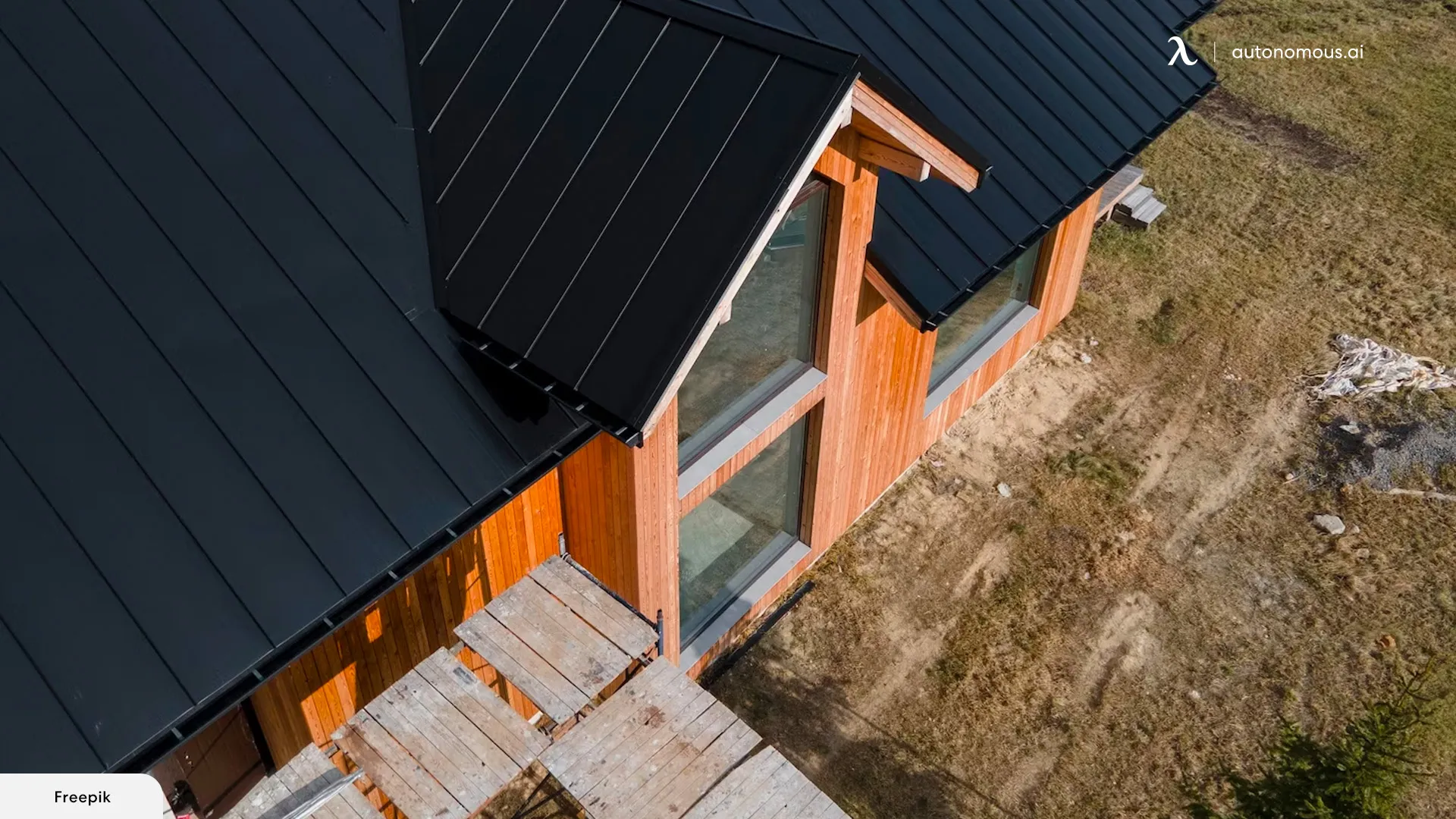
What Factors Are Classified as a Permanent Structure?
So now we know what a permanent structure is, let’s talk about the factors that classify a building as a permanent structure. Below are the most prominent factors that are in place:
Intended Usage
The intention matters the most when building a structure along with your house. If you, as an owner, intend to use the structure as an additional living space, such as a house, then the structure is classified as a permanent structure.
Moreover, commercial usages such as offices and warehouses are also considered permanent buildings. In a nutshell, anything intended to last indefinitely and is built to the ground comes under the title of a permanent structure.
Constructions Materials
Construction materials used in the building also play a vital role in deciding whether a structure is classified as permanent or temporary. Structures built using brick, concrete, or steel are classified as permanent.
In contrast, buildings made from wood and lightweight materials might be classified as temporary structures.
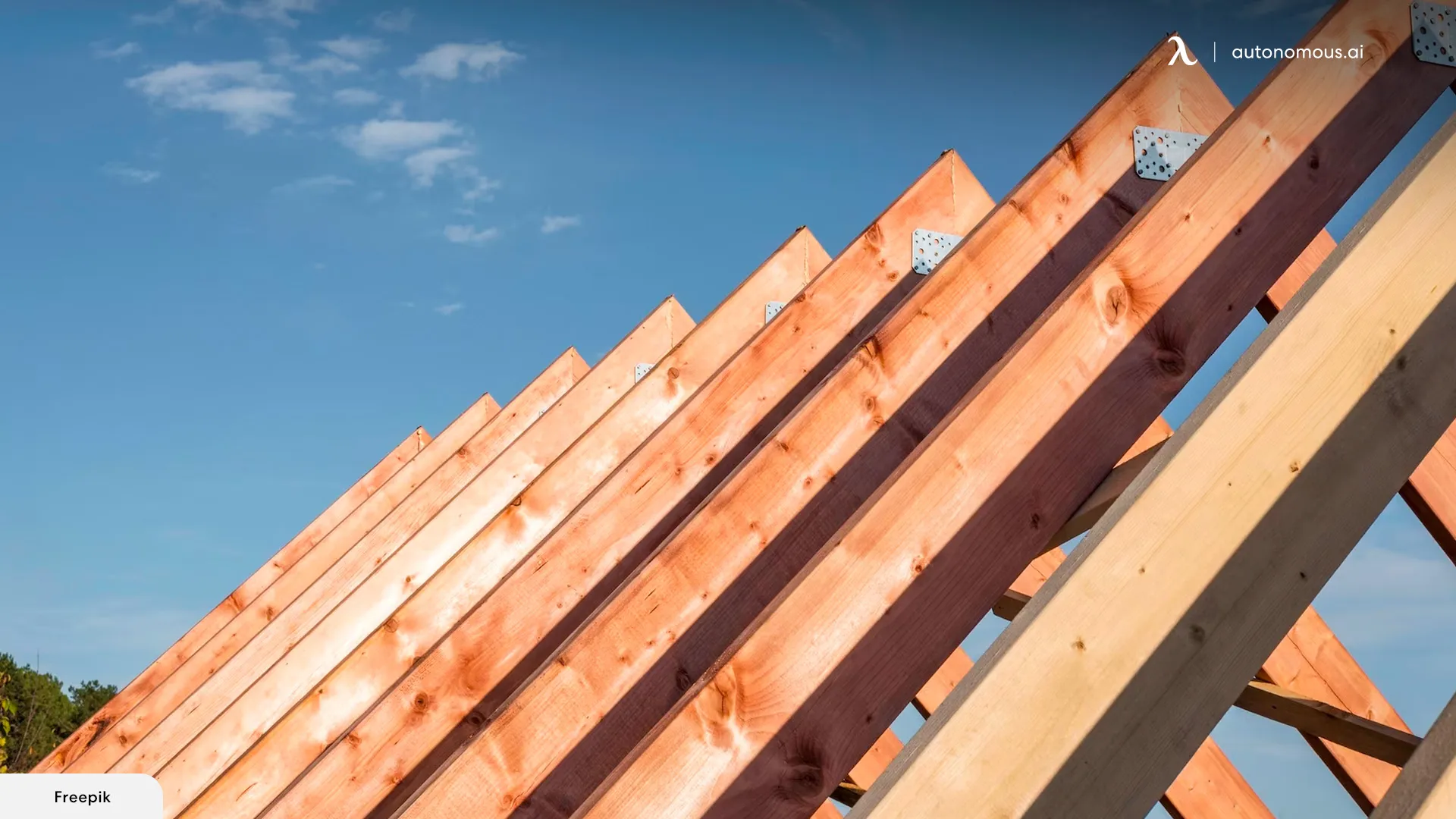
Size of a Structure
Depending on which state of America you reside in, a size chart classifies a building into either a permanent or a temporary structure. In various areas, buildings above a certain size are considered permanent structures, while those below are seen as temporary structures. Knowing the relevant building codes and regulations is important when building a structure.
The foundation of a Structure
As discussed, a permanent structure is anchored to the ground and cannot be moved. An example of this is a shed anchored to a concrete slab or stone ground built to last as a permanent structure.
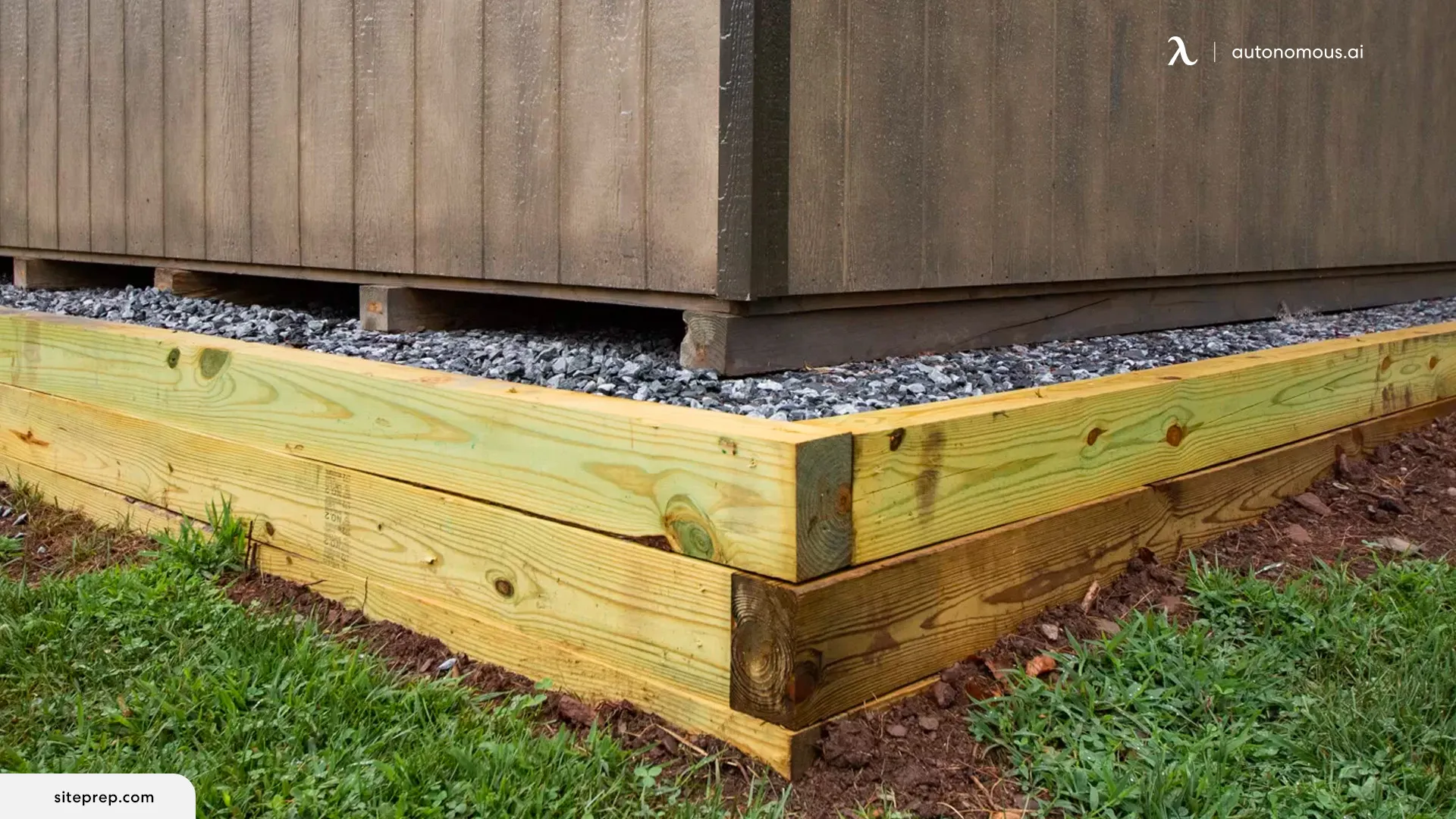
What Factors Are Classified as a Temporary Structure?
As the name suggests, a temporary structure is a shed or a building designed to be used for a short period. This short period is classified typically as less than a year. Here are some of the prominent features that classify a building into a temporary structure:
Intended Usage
A temporary building structure is intended to be used for a short period. It is different from a permanent building that is considered a permanent living or working space. A temporary structure is more like a one-time thing.
Construction Materials
A temporary structure is constructed using lightweight materials that are easier to dispose of and move. Moreover, the foundation of these structures is built independently, which means they are free-standing without a permanent ground anchor.
An example of such a structure is an outdoor area or a tent that is built for a particular event and will be removed once the event is complete.
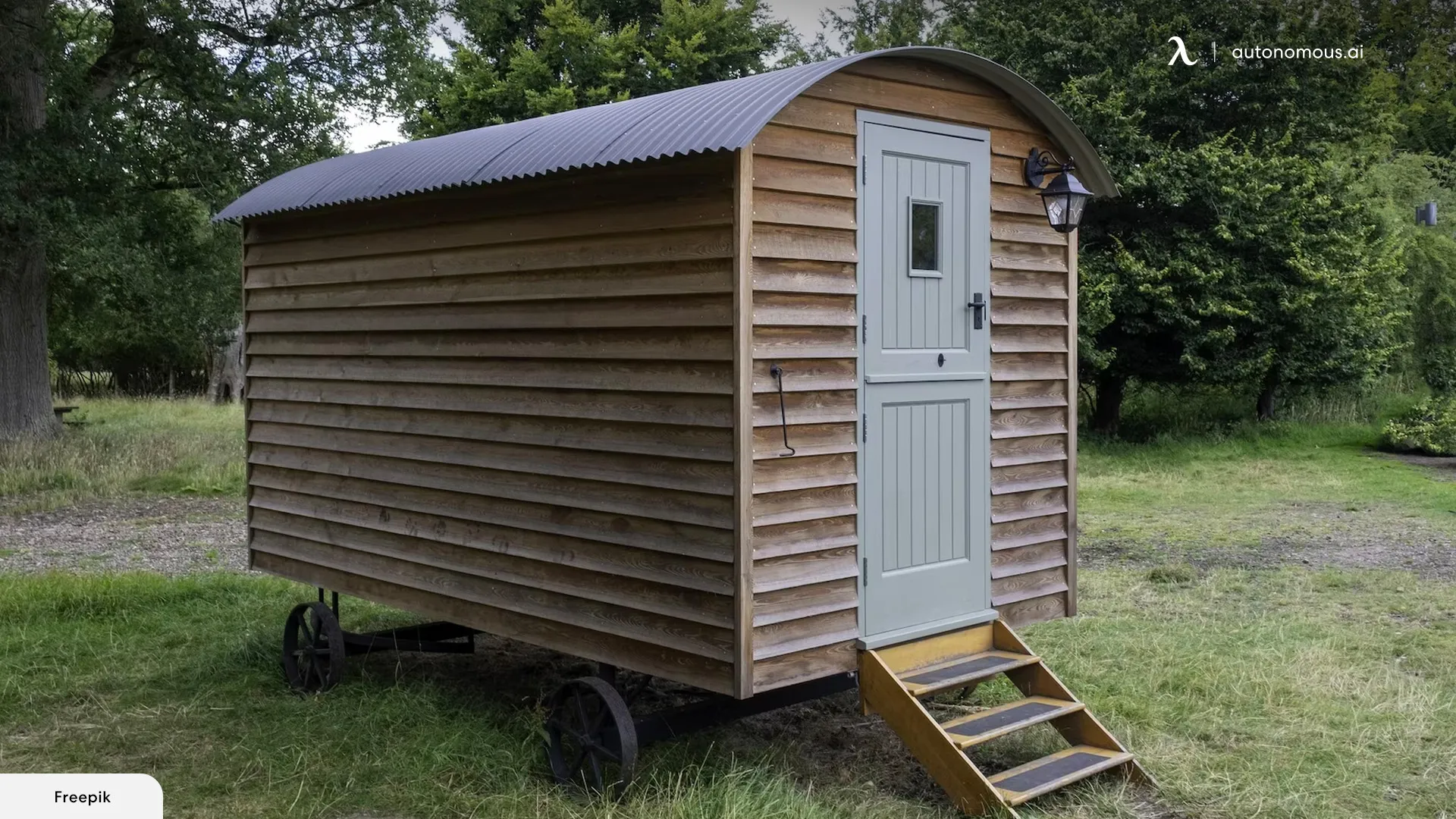
What Makes a Shed Permanent?
All of the above factors on what classifies as a permanent structure are enough for us to know what makes a shed permanent. Moreover, if we elaborate in detail, we can say that a shed made with the intention of being used as a permanent space for working or living with heavy materials is considered a permanent structure.
Such sheds cannot be moved or demolished with ease. They require drastic changes to be made. In some places, it says that a shed that remains attached to the ground for longer than six months is considered a permanent structure. These include barns, garages, and office pods.
Attachment to the primary building is another factor that can make a shed permanent. If you decide to build a shed attached to your primary home or residency, it will be classified as a permanent structure.
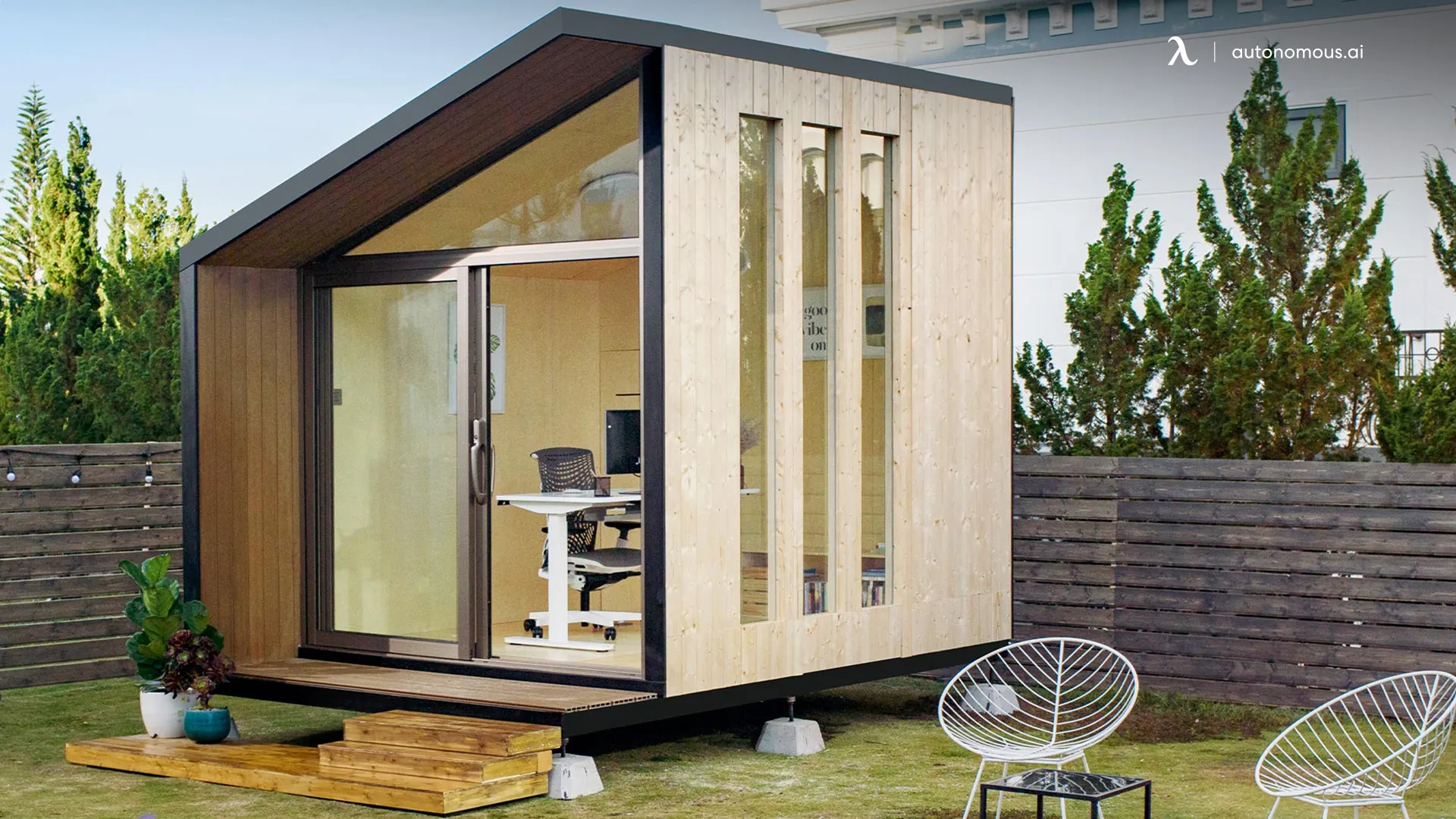
Do I Need a Permit for a Pre-Built Shed?
Pre-built sheds are already built in factories and must only be installed at the owner's place. One example of a pre-built structure is a WorkPod Versatile.
Permit requirements for a pre-built shed depend on the laws of the area and state. You can learn more about the permits required for a pre-built shed by visiting the zoning department websites and consulting authorities.
We recommend you do your best research to determine if any regulations and compliances must be fulfilled before building a structure. Not complying with any laws might result in a heavy fine.
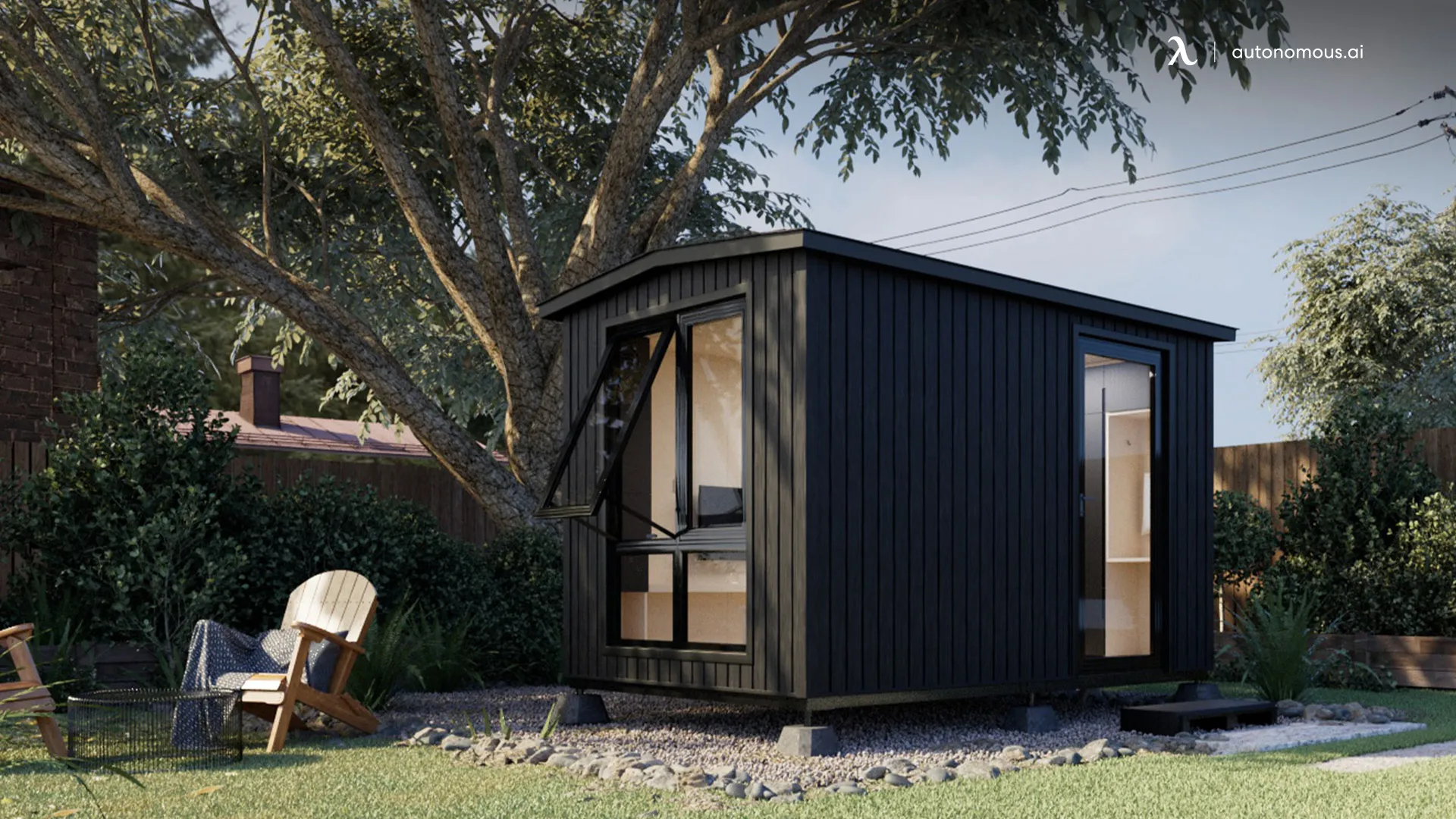
Wrapping It Up
Overall, deciding whether to go for a permanent or temporary shed will depend on your specific needs and circumstances. If you need a long-term storage solution and have the budget to invest in a permanent shed, it may be the better choice for you.
However, a temporary shed may be a more practical choice if you need a temporary solution or are on a tight budget. It's important to carefully consider your options and weigh the pros and cons of each before deciding.
A shed can be used for a variety of purposes. However, before building one, be sure to know your intention behind building it and whether it will be classified as a permanent or a temporary structure. Always comply with local laws and regulations to ensure your project is done smoothly without any breaches. Thanks for reading!
Stay connected with us!
Subscribe to our weekly updates to stay in the loop about our latest innovations and community news!
Spread the word




/https://storage.googleapis.com/s3-autonomous-upgrade-3/production/ecm/230914/bulk-order-sep-2023-720x1200-CTA-min.jpg)

/https://storage.googleapis.com/s3-autonomous-upgrade-3/production/ecm/230824/image_tMoN47-V_1692155358869_raw-93ed49d8-7424-464e-bdfe-20ab3586d993.jpg)